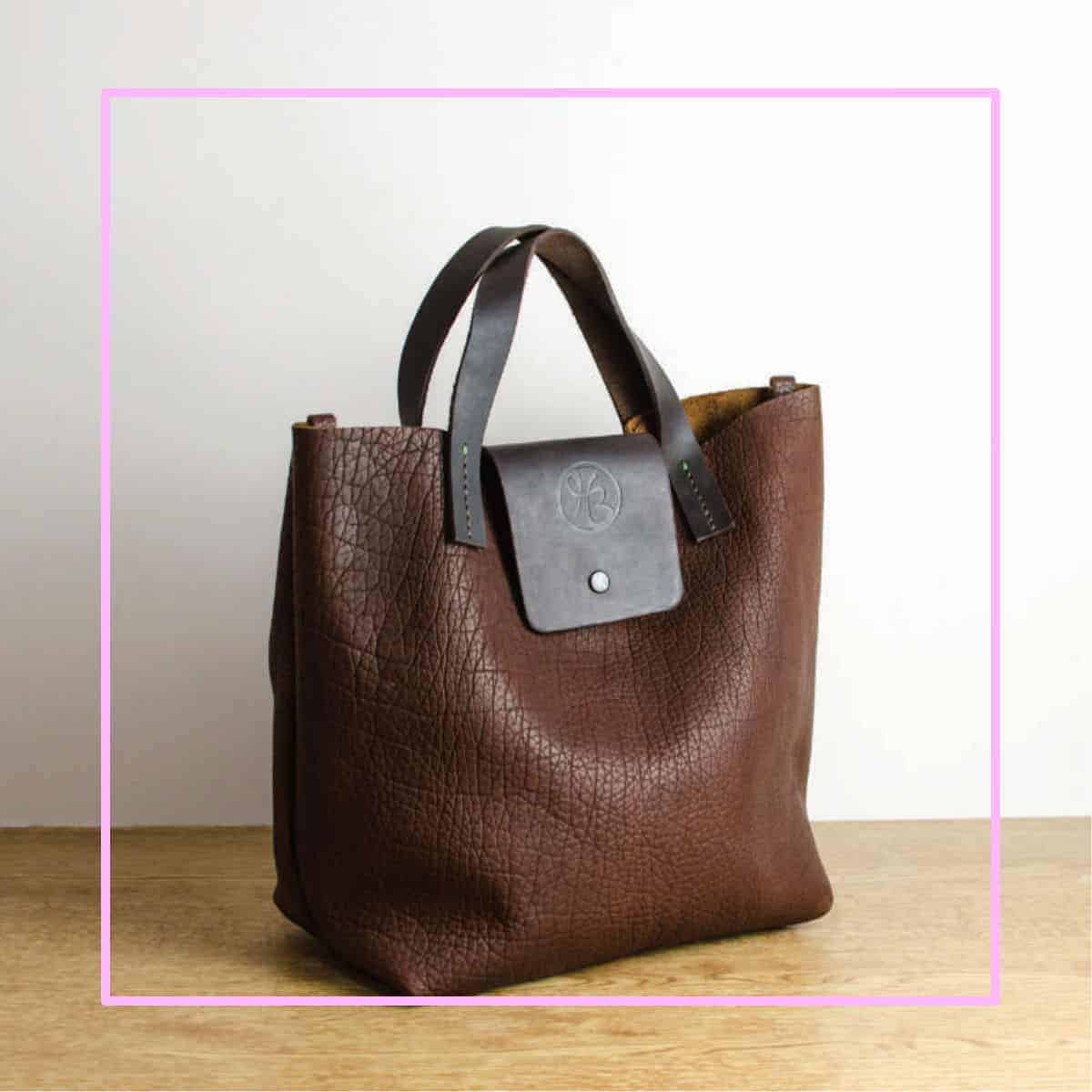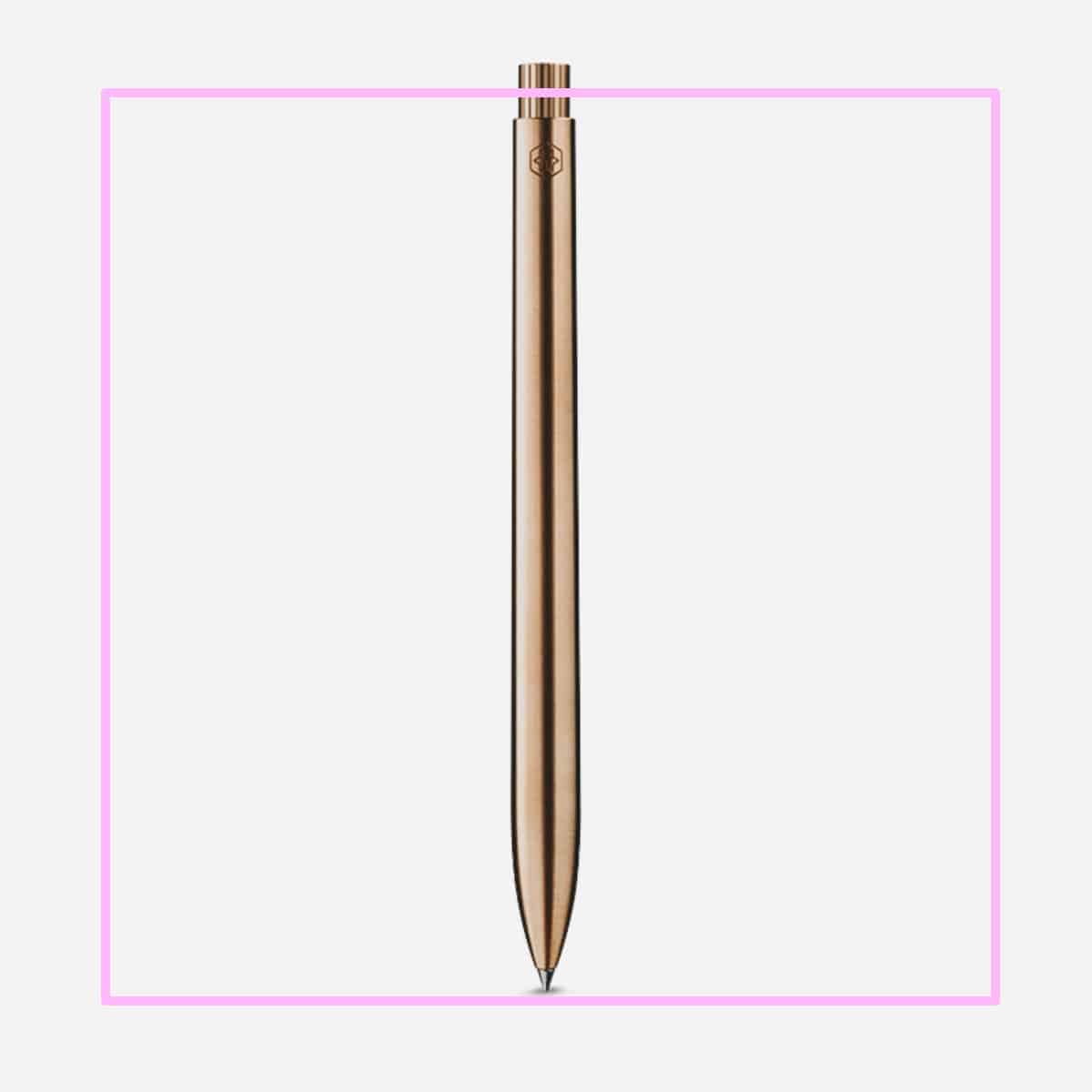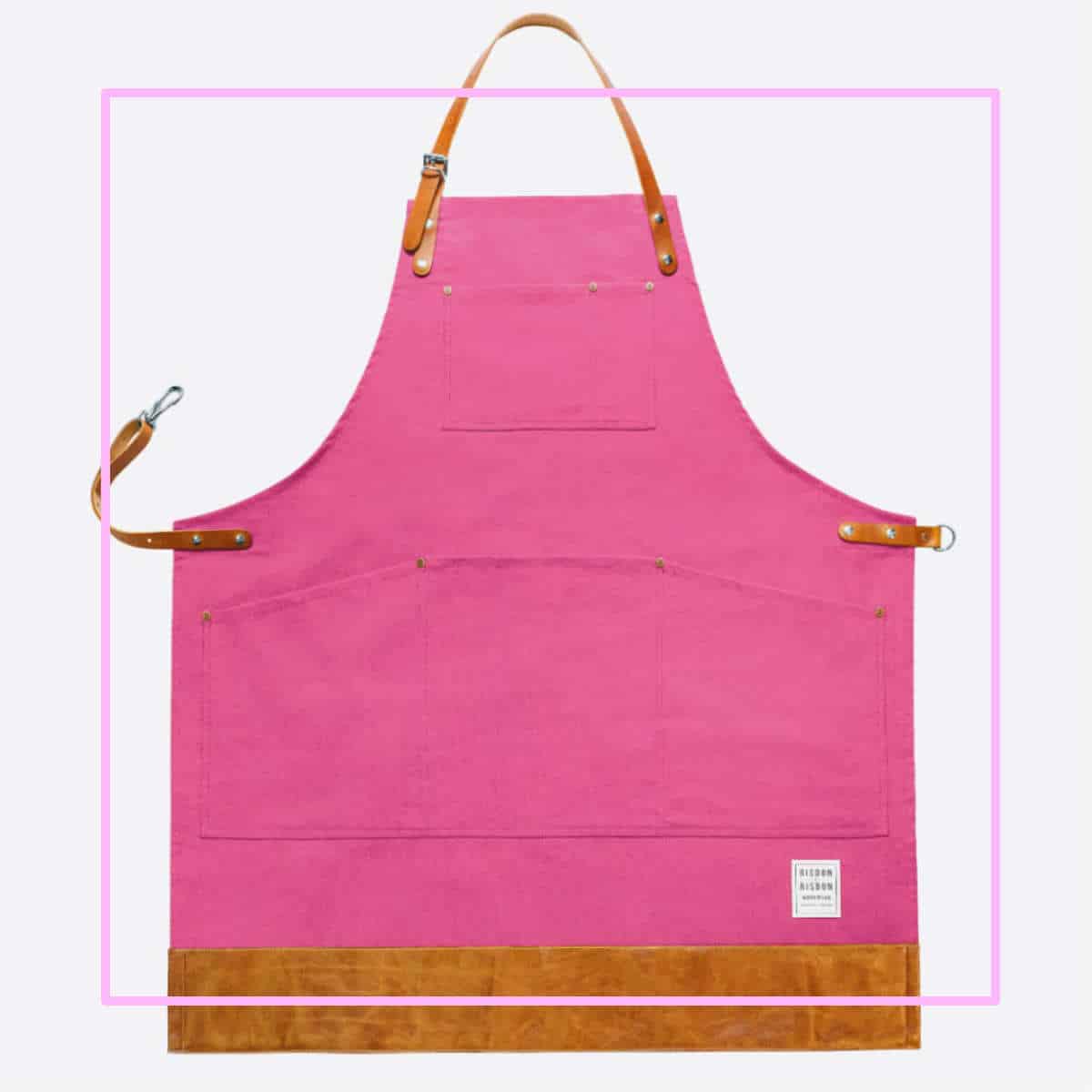How to buy CRAFTSMANSHIP

What is craftsmanship?
Before we get into how and why you should be purchasing British craftsmanship, we should delve into what constitutes craftsmanship and what doesn’t. Now this is certainly not as clear cut as it may at first seem.
The word ‘cræft’ first appeared in Old English and meant ‘Power or Physical Strength’ although over time it expanded to mean ‘trade’ or ‘skill’. It has Germanic roots as most Old English words do. Whilst German word kraft has not changed and still means power, whilst the Swedish word kraft, still conveys strength. It is thought that the expansion of craft to mean skill or dexterity came through the notion of mental power and this led to the expansion further to mean ‘trade requiring special skills’. To confuse things a little more in Middle English craft still meant power.
So, let us dissect the word or definition of craftsmanship.
The OED’s definition
1: skill in a particular craft
2: the quality of design and work shown in something made by hand; artistry.
Who are we to argue with the OED but for us we can dismiss out of hand the made by hand. Apart from maybe a potter, most craftsmen and women use tools to create. But we can agree with the definition of skill and quality. Especially skill and dexterity in carrying out one’s work.
The Aim to Master Harder Tasks
Sir Gordon Bennett certainly subscribes to Jonathan Thornton’s observation that since the Middle Age ‘the aim of the careful worker in the European tradition was to reduce variation by skill and increasingly, by ever more complex tools’. This we believe has been the aim to skill workers to be as good as a repetitive machine even if they had no idea that one day there would be machines.
And as we now have machines to create goods do we really need craftsmen and women? There is certainly a sliding scale Craft v Mechanism on which all manmade objects sit on. Some may say why do we need craftsmanship when after some programming (which may take some engineering craft) we can simply let a 3D printer keep printing carbon copies of whatever was inputted. Whereas others would claim it is the imperfections that creates a connection too. Knowing that another human has dedicated time and energy to learn their craft. The object didn’t just take an hour to create, it took a lifetime of learning and eons of skills handed down from teacher to student.
But in our opinion, we, that is the royal we of society, are sacrificing craftsmanship for expediency. The ‘must have it now’ society that the internet has spawned. Now, don’t get us wrong we love the internet. We wouldn’t exist as we do, we may have a small shop in a small British market town but we wouldn’t be able to spread the word of British craftsmanship. But the internet has created a mindset that puts expediency above almost anything else. The triangle of death comes to mind, Fast (delivery) Quality and Cheap you can have two but not all three. Invariably in today’s world quality is the one that people get rid of through short sightedness.
Our Definition of Craftsmanship
Our definition is pretty close to David Pye’s who claimed ‘the quality of the result is continually at risk during the process’. He calls it the ‘Workmanship of Risk’. But what does this actually mean?
The equation is the challenge to create. The challenge needs to be equal to the skills involved. If more skill is held than challenge, then boredom will arise and substandard objects are born through lack of effort. If more challenge than skill, then the object would be flawed. So, when skill matches the challenge then you have a true craftsmanship item.
This doesn’t mean that everything needs to be perfect though. The marks of a craftsman or woman’s efforts are part of craftsmanship. To get a perfectly smooth surface you may as well get it 3D printed. Those imperfections are their fingerprints, they are the DNA of a craftsperson. That doesn’t mean that everything that isn’t perfect has been made by craftsman or woman. Many objects at garden centres, like chairs and tables have been made by machines that have had imperfections built in to hoodwink customers that they are buying a handmade item. The evidence of the process isn’t evidence at all nowadays. Whereas tool marks were the craftsman’s calling card, big business has caught on to this and creates those marks as it can add money to the sale price.
Becoming a conscientious consumer is, in our belief the way forward. Consumerism will be with us for a long time still but we do need to change our way of consuming.
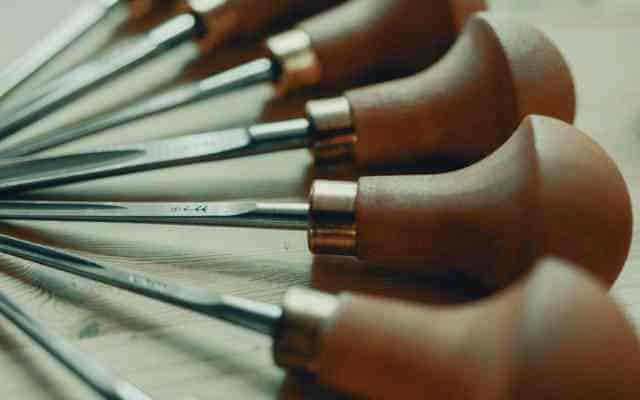

Top 5 tips for buying craftsmanship products
1: Does it look the part? This may seem superficial. But design is the building blocks of craftsmanship. Even before we hold it or use an item does it look right? Are the proportions right? Does it look considered and balanced? Even items that are of a more modern take should still give a sense of all of these, not just classic items.
2: Does it have attention to detail? Craftsmanship thrives on detail. As it is these details that splits the chaff from the wheat.
3: Discover what raw materials were used to create the item. This will tell you an infinite amount about the brand. If a brand goes to the trouble of selecting the best raw materials, you can be pretty sure the skills used to make them will be honed over many years.
4: A little harder to tell online but does it do the job that it is intended to do? Craftsmanship is all about how an object works. An object that doesn’t work as the maker intended means that the whole process from the first thought to the last was not thought through.
5: Does the brand or item have a back story and provenance? Could you trace it back to the maker if you so wished? The art world is full of fakes and the same is true of goods too. Buy an original - it will last you longer and give you far more pleasure.
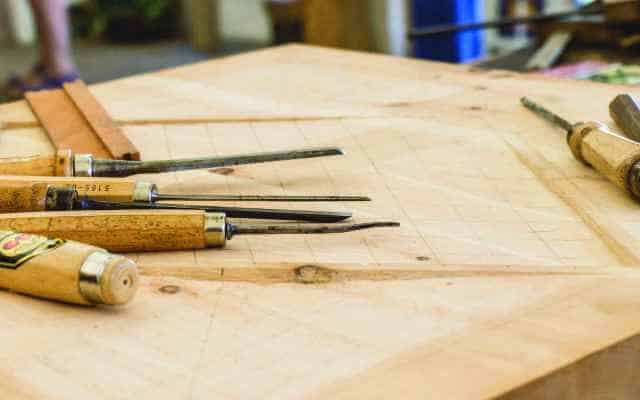
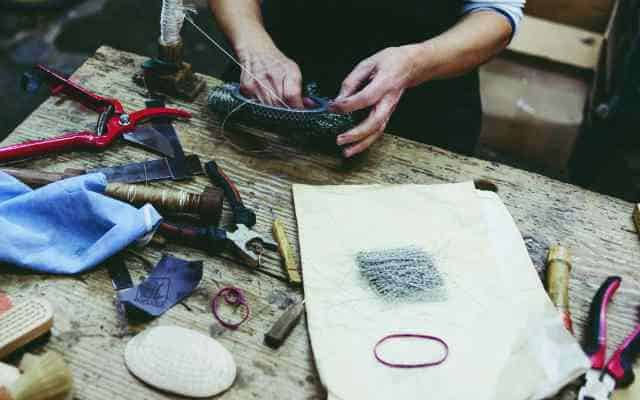
Top 5 reasons to buy British craftsmanship.
1: They will last you longer, simple as that. Which in turn is better for the environment as it will have less of an impact on the planet’s finite resources. It will also save you money in the long run as you will buy the item less. Some British craftsmanship goods could become family heirlooms, we have heard stories of Fox umbrellas and Kent brushes being handed down 3 generations.
2: It helps keep skills alive. If you have gotten this far, then we are probably preaching to the converted. But we believe that craft skills are an important part of not only British business but also to our national psyche.
3: It supports local people. And in turn their wages support local communities. The local butcher, baker and candlestick maker. We as a community need to stop giving all of our money to corporates for them to line shareholders pockets. This is the heart of conscious consumerism.
4: Buying British craftsmanship is a celebration of humanity. The idea that you are supporting those that want to create something useful and beautiful just for you. From their hands to yours. Not mass manufactured but objects that have, if objects can, a soul. And you will feel infinitely better about your purchase.
5: Buying British craftsmanship is better for the environment. Small batch goods and gifts are more likely to be made of raw materials that are better for the environment. Craftsmanship brands that use traditional skills have more respect to the environment. Britain has some of the strictest environmental laws anywhere in the world. And the CO2 that is saved from transportation across continents will be greatly reduced.
Honest British Made Goods
But the biggest reason for all of this is that all of the British craftsmanship goods and gifts Sir Gordon Bennett purveys have honesty built in. We know what they are made of, we know who made them, we know where they are made and if you would like more information on a brand or product we will simply ring up the brands and ask them. And if they um and ah and can’t answer those simple questions then we would seriously think about taking them off Sir Gordon Bennett.

